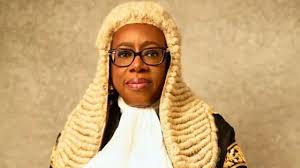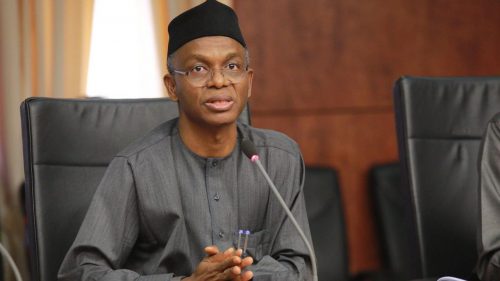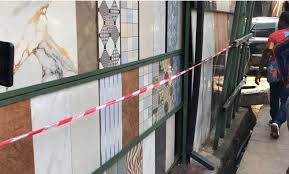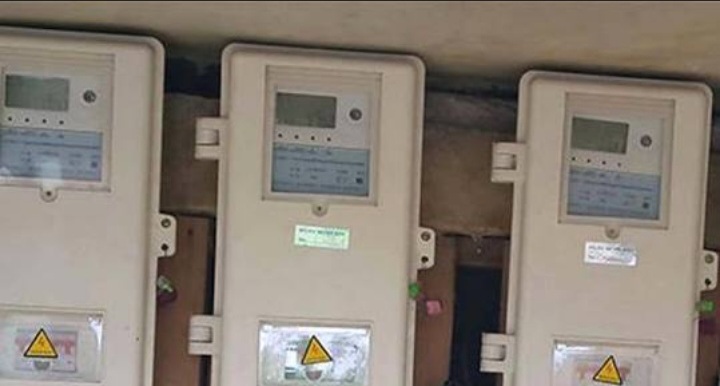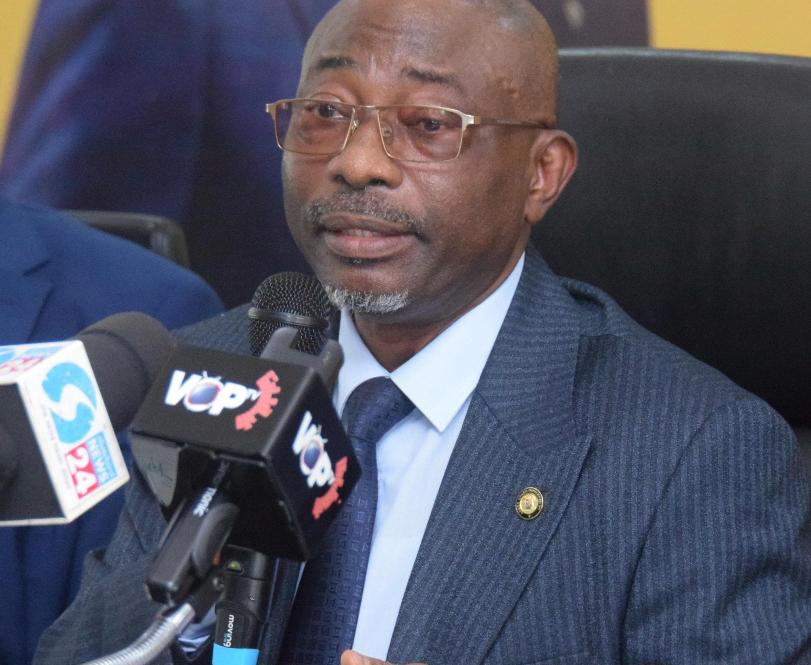Onitsha NBA frowns at arrest, arraignment of judges

The arrest of Nigerian judges at midnight for alleged corruption by the Directorate of State Security (DSS) and subsequent arraignment of some of the judges by the Federal Government came under the scrutiny of legal practitioners at the annual Bar week of Nigeria Bar Association (NBA), Onitsha branch.
Ike Akariwe, a former national vice- chairman of the NBA, who was the guest lecturer set the ball rolling when he condemned the manner of the arrest of Judges by the DSS, whose statutory function was not to fight corruption but to ensure the security of the country.
Akariwe said a more civilized way should have been used to arrest the Judges by the Economic and Financial Crime Commission (EFCC) by inviting them through the body assigned with the function of disciplining of Judicial officers in Nigeria, National Judicial Council (NJC).
He contended that while there is corruption in the judiciary, it was insignificant when compared with what was obtained in the other two arms of government; the Executive and the Legislature.
In his contribution to the lecture a senior member of the Onitsha Bar, Chief Ikenna Egbuna, said corruption in the Bar was one percent of the entire corruption of other arms of government.
He decried the manner of the arrest of the Judge in unholy hours of the night by masked people who identified themselves as DSS operatives clutching riffles with which they appointed their victims and asked them to sign that so much money was collected from their houses, saying that no sane person will resist to sign under the circumstances for the safety of his or her life.
Egbuna said in Nigeria law, it was not the duty of DSS to fight corruption not to talk of going to arrest Judges in the midnight, saying that the constitution created the NJC to regulate the activities of judicial officers and from all available evidence they were doing the job.
He said most of the Judges arrested and now being tried were victims of politics, saying that the All Progressives Congress (APC) were not happy that the Judges at the Supreme Court did not give them governorship elections petition cases especially that of Rivers State.
The legal practitioner also frowned at what he called media trial by the DSS and Federal Government, saying that when they briefed the media about the whopping sum of the money found in Judge’s residences, the media celebrated the report without cross-checking if the claim was true or not and a lot of people tend to believe the reports.
Others who spoke toed similar line, querying why an Army officer commits an offence he or she is court-martialed but unfortunately, the Judges with all the express constitutional provisions were searched and arrested in the dead of the night without search warrant.
The lawyers also lamented that some Judge mentioned the names of the former Governor of Rivers State, Rotimi Amechi and the Minister of Science and Technology, Dr. Ogbonnaya Onu, as having attempted to convince them to comprise election petition in Rivers State, yet the Federal Government seemed to have turned a deaf ear.
In his paper “Enhancing Lawyer/Police Relationship for a Better Administration of Justice, Superintendent Rabiu Garba, who is the Divisional Police Officer (DPO), Fegge Police Statation, Onitsha called on the lawyers and the Police to see themselves as players in the field of administration of criminal justice as well as ministers in the temple of justice.
He advised lawyers to report the conduct of junior Police officers to their senior officers before taking any legal action against Police authority, urging Police officers to recognize the fact that every lawyer is a human right activist and duty bound to protect his/her client.
The DPO appealed that lawyers should reduce incessant lawsuits against police hierarchy if both must have good and cordial relationship, advising the Police not to abuse powers conferred on them and should not equally infringe on the rights of the citizens who always run to lawyers for protection.
He noted that a number of factors caused delay in the administration of justice such as inadequate courtrooms, other facilities and poor working conditions, delay in investigation and detection of crime, deficient prosecution of criminal cases in court and delay in giving legal advice by the, Director of Public Prosecution (DPP), system of admitting an accused bail and delay from prison authorities.
He also suggested the need for an external umpire for both the Judiciary and the Police to enhance their monitoring and performance, since what was obtained now was more of internal scrutiny.
He said the Police Service Commission (PSC) and the NJC as it is presently constituted were made up of the internal persons, the Police and the lawyers who may not be bold enough to tell themselves the bitter truth.




